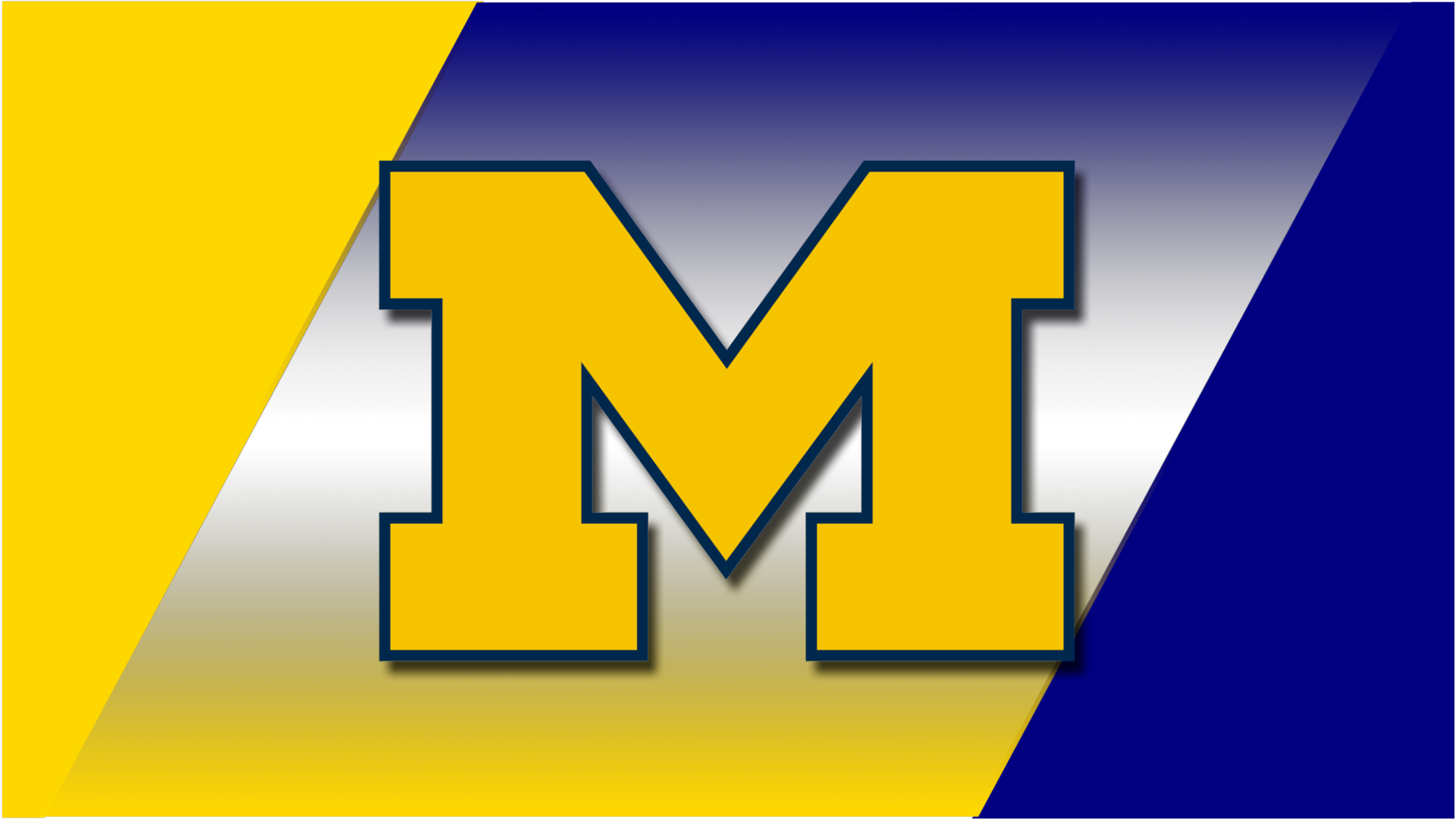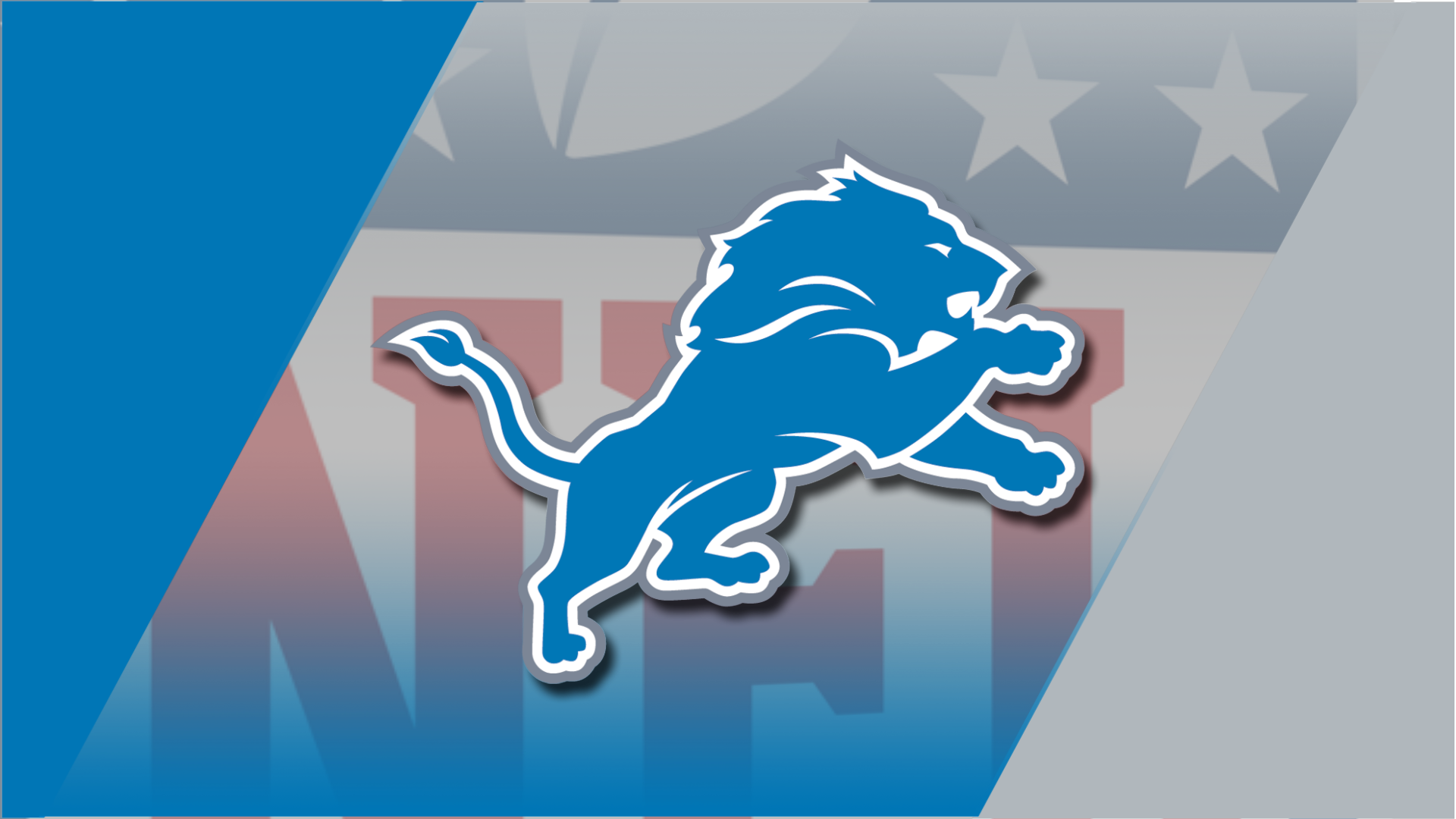CHARLEVOIX - American long-distance runner and 2018 Boston Marathon winner Des Linden has recently completed her 10th Boston Marathon. On April 4, she released her New York Times bestseller, “Choosing to Run: A Memoir.”
So your first marathon appearance was Boston in ‘07, and you finished in the top 20. What do you remember about that day?
Des Linden: I remember it was rainy and cold and windy. And they threatened to cancel the day before because the weather was just crazy. So lower expectations are what I would be able to accomplish. But I remember just loving it like loving being on the course, the crowds, getting to the finish line and being like, I have to come back here. I’m gonna do this again, for sure.
Then you did come back in 2011, you set a PR, you set the fastest time by an American woman, came in second place by just two seconds. Then the Tigers call you up and they want you to throw the first pitch. What was that like?
DL: Yeah, was it dramatic swing of events. You know, I was like, ‘I’m a runner, not a pitcher, but I’m a clutch athlete. So let’s go’. That was really cool. I think for people to recognize what the marathon was and my performance on that day, it was just a nice moment for sure.
In 2013, you were at the Boston Marathon, but not running due to injury. Obviously, you had amazing races there at that point. And I’m sure some sort of attachment to the race. What do you remember about that day?
DL: I remember going in as a guest for John Hancock. And they asked me to do an interview on the finish line, went down there and just talked about how great Boylston is like the whole race. But Boylston Street being one of the greatest things in sports. And the finish line being the moment and the place where everyone wanted to be that day. You know, just several hours later, that’s exactly where the bombs exploded. And it was just gut wrenching. It was hard to process it all in the moment. And I think it took a lot of time afterwards to kind of piece together, you know, what happened, what it meant, and what it meant for the running community moving forward.
When you came back to run in 2014, were people fearful, or were they excited to show they were still here doing this?
DL: I think people were fearful in the first few hours after the bombing, like that was the uneasy time. And then the way everyone responded, first responders, you know, fellow runners, helping fellow runners, all of that really set the tone and the precedent moving forward. So by a year later, there wasn’t much. There wasn’t many signs of fear, it was resilience and strengthen. Like, we own the street and we are not to be deterred, and it’s always felt that way since.
I know you talk a lot about this in your book, but in the 2017 Boston, you were experiencing a lot of health related issues. That kind of set you back that year, could you go into detail kind of about what was happening with you personally?
DL: It was during the race and leading up to the race, I felt pretty good. And I think that that’s kind of a theme of my training, and probably just me, in general, I was able to push and you get really comfortable being uncomfortable. But as a distance runner, I wasn’t recognizing just general health problems and levels of fatigue. And things that were should have been alarming, or at least messages, see, you know, kind of go get my general health checked out. So I was experiencing hypothyroid symptoms that just keep getting progressively worse. And it wasn’t until I took a break from running, that I was like really took a step back. Or Yes, I kind of went backwards with my health in general and was able to recognize that it wasn’t a process, or a part of running. It was in fatigue from training. It was something that I needed to get looked at and actually went to Munson urgent care, and they checked me out and they’re like, oh, you have, you know, hypothyroidism, we need to get you on medicine right away. And I was like, there’s no way, I’m one of the healthiest people in the world. I’m a distance runner, I don’t have problems, but it was really eye opening and was able to make adjustments from there.
Obviously, you did, and you came back in 2018 and you won the Boston Marathon. What was that day like for you?
DL: It was pretty unreal. And I think you know the process of coming back from that health problem and it was still in the works, I was still kind of working through it and figuring out you know how to slowly regain form. So it didn’t seem like the year I could win in fact, every time I had gone to Boston prior was like how can I win? How can I have like a great race and put myself in position to compete late? And this this year 2018, it was like just use this as a stepping stone towards next one. So you know, things shifted on the race course I had a runner’s mentality and was able to lock into that wisdom from the years prior, but it was certainly unexpected.
So fast forward to now, you’ve just run your 10th Boston. How have you been able to stay so consistent throughout your running journey to and not only keep qualifying, but then keep placing in the top of the elite category?
DL: It’s been a process and you know, kind of a balancing act. And I think, as you age, you have to manage different things in an elite career and figure out how to change things and adapt to things and, and then also tap into the wisdom you’ve built along the way. So it’s kind of fun. It’s a fun process of like, using your learnings, and then finding out new things about yourself and exploring new boundaries. So I think just the joy of like, putting those pieces together and tinkering with it and tailoring it to the next event is fun for me. And so that keeps me coming back and stoked to still have good results.
You’ve also recently released your New York Times bestseller Choosing to Run, what was that process like? And was writing a book your idea?
DL: It was quite the process, definitely something new for me to dig into. I think after 2018, I knew right away that there was so much more to that, the story of that when that I wanted to share, it was finding out the best time to dig into it and really kind of reflect and all those things. So it took a little longer to put together. 2020, obviously offered a lot of people a lot of free time, unexpectedly. So with races canceled, it made a lot of sense to start writing and putting things down, I was able to get a co author to work with- Bonnie Ford, who was with ESPN. And you know, a lot of conversations, a lot of shared docs, a lot of editing, a lot of editing, a lot of editing. So that was you know, as a learning curve, and yeah, I love the process and actually really enjoyed it.
Did you see any parallels between being a marathon runner and writing a book?
DL: Oh, 100% I mean, consistency is everything. And most days, you’re not going to put something down that changes the world or wows anyone, and you just you write anyway. And same thing with running it’s a lot of recovery days, there’s a lot of days, you don’t want to get out the door. But you have to consistently put in the work. And then you have those moments where the magic shines through. So worth it. But they’re not often, you have to love the process of putting in the work anyhow.
You’ve been running for about 25 years, what’s your focus now?
DL: Getting ready for the (Olympic) trials in 2024. See what we can do there. It’s getting tougher and tougher to compete at the top. But I think the cool thing about running is there’s so many different ways to pursue it.
Looking on back on all you’ve done what feels the most rewarding? Was it a Boston? Was it the Olympics?
DL: That’s a good question. I mean, I loved my 2016 Olympics, I think I’ve won DNF (”did not finish”) in my marathon career, and actually in my running career, and that was the 2012 Olympic Games, and really hard place to step off the course and record that DNF. And then you have, you know, four years to try and make the team again, which is not a guarantee. So I think building back up and making that team and then getting to cross the finish line in Rio that was that was super rewarding and felt like I got to really call myself an Olympian after that, and be really proud of it.


